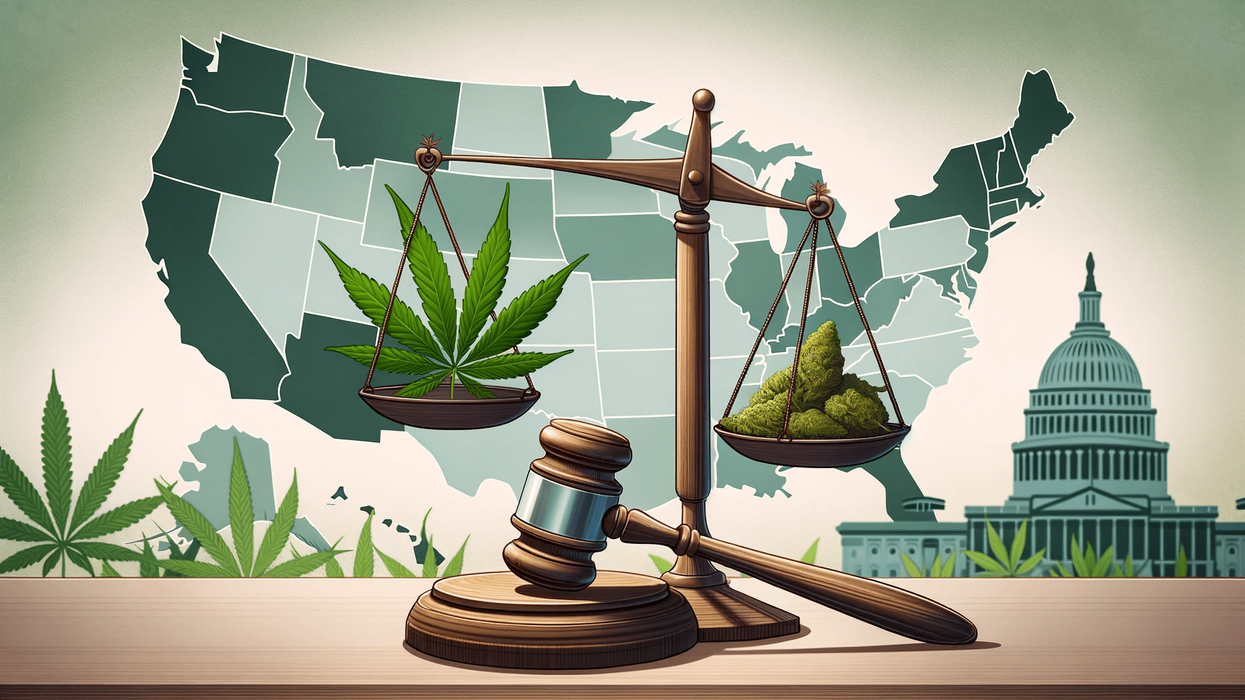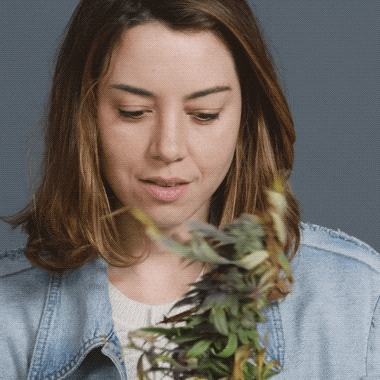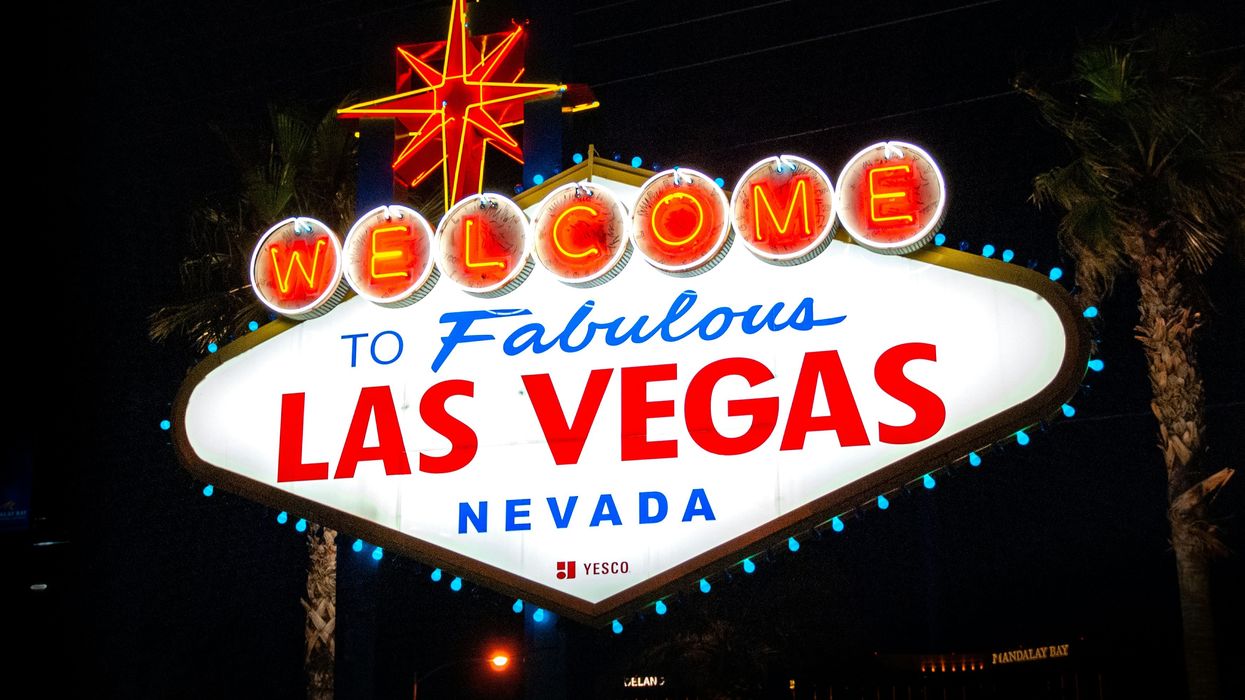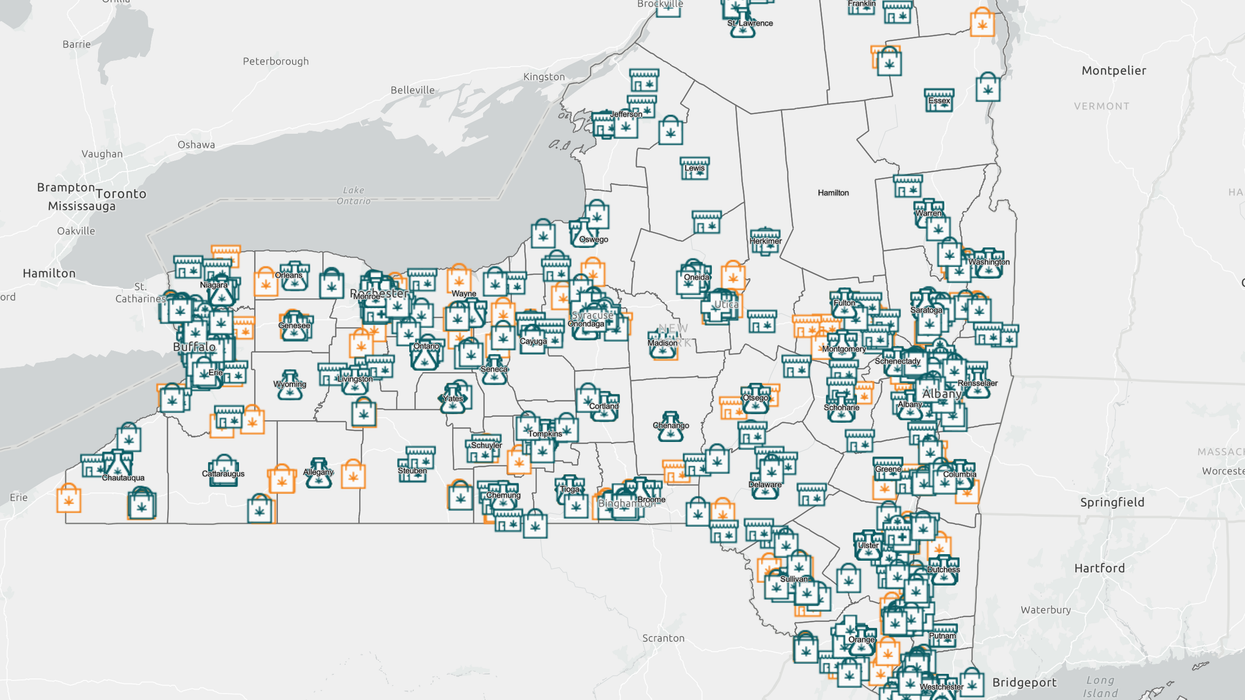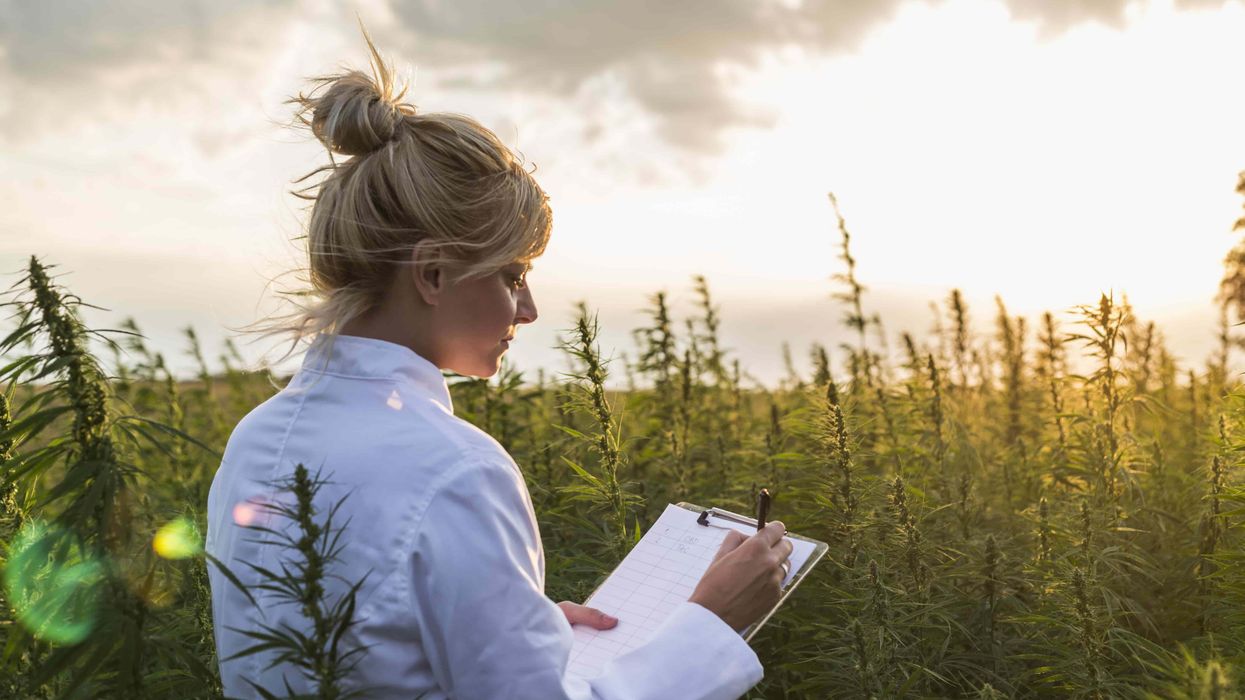In a groundbreaking move that has sent ripples across the nation, a coalition of multi-state cannabis businesses or Multi-State Operators (MSO’s) have taken legal action against the U.S. attorney general. The lawsuit, filed by these cannabis companies, aims to halt the federal government from enforcing the longstanding cannabis prohibition on state-sanctioned activities.
Leading the charge are Verano Holdings Corp., Massachusetts' Canna Provisions and Wiseacre Farm, and Treevit CEO Gyasi Sellers. Supporting the lawsuit's foundations are Ascend Wellness Holdings, TerrAscend, Green Thumb Industries, Eminence Capital, and Poseidon Investment Management.
The legal firepower backing this endeavor comes from the esteemed law firms Boies Schiller Flexner and Lesser, Newman, Aleo & Nasser LLP, with David Boies, a high-profile litigator, notably at the helm.
The central argument of the lawsuit is compelling and based on the Constitution. The plaintiffs contend that sustaining cannabis prohibition in state markets violates constitutional principles, jeopardizing public safety and depriving licensed cannabis businesses of essential financial benefits granted to other sectors.
Historically, the Controlled Substances Act (CSA) was Congress's vehicle for banning marijuana, aiming to eliminate interstate commerce in the substance. This gave the federal government a reason to enforce prohibition at the state level. However, the lawsuit argues that this stance has been long "abandoned" by both lawmakers and the executive branch, rendering the prohibition an "unjustified vestige."
One of the more alarming issues highlighted is the financial burden and safety concerns state-licensed marijuana businesses face. The lack of access to banking services, credit cards, and particular federal tax deductions—like the notorious IRS code 280E—has forced these businesses to operate primarily in cash. This dependency on cash transactions has unintentionally painted a target on state-regulated dispensaries, leading to an increase in robberies. Such challenges dampen innovation and limit consumer choice.
Furthermore, the attorneys argue that the CSA's stance on cannabis creates an "unconstitutional imposition on state sovereignty." They stress that while Congress has the authority to regulate interstate commerce of marijuana, it shouldn't have the power to control intrastate operations. The lawsuit offers a historical perspective, pointing out that prohibition is a recent stand, coming after a century of sanctioned use and cultivation.
Indeed, the federal perspective on cannabis has been ambiguous, leading to a patchwork of policies. As the lawsuit states, "The federal government has long ago abandoned the goal of eliminating marijuana from commerce."
This inconsistency echoes sentiments expressed by Supreme Court Justice Clarence Thomas in 2021, who criticized the contradictory nature of state-federal cannabis policies. The attorneys emphasize that without the courts' intervention, the CSA will continue hampering states' attempts to establish safe, regulated intrastate marijuana markets, causing irreparable damage to plaintiffs and their communities.
The lawsuit also sheds light on the policy's impact on low-income communities, stressing that current regulations prevent marijuana delivery to public housing facilities in states like Massachusetts. Such restrictions, they argue, are devastating for the industry, especially smaller businesses.
Josh Schiller, a partner at Boies Schiller Flexner, expressed the urgent need to challenge the federal government's stand on cannabis. He hinted at potential future litigation aimed at helping marijuana businesses recoup losses from years of unjust treatment.
Furthermore, David Boies stated that the federal criminalization of marijuana, where it is legally sanctioned by the state, puts unnecessary burdens on legal operations. He called for an updated approach, emphasizing that 38 states have already legalized some form of cannabis.
Amidst this legal battle, there's anticipation around the Drug Enforcement Administration's upcoming review on marijuana scheduling, following a recommendation to shift cannabis from Schedule I to Schedule III under the CSA.
The lawsuit's initiation follows previous hints from cannabis business executives last year about challenging the constitutionality of enforcing cannabis criminalization under the CSA. Many hope that this legal stand will stimulate Congressional action.
In the backdrop of this unfolding drama, the federal government faces other legal challenges related to cannabis, particularly the ban that denies firearm access to marijuana users—a policy some courts have already deemed unconstitutional.
This lawsuit could be the tipping point for cannabis regulation, setting the stage for a constitutional reevaluation that might redefine the future of the industry.
